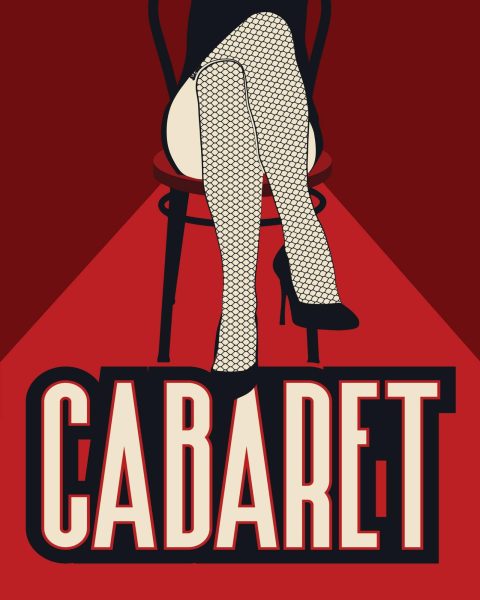“Go Set a Watchman” a disappointing follow-up to an American classic
“To Kill a Mockingbird,” the classic high school required reading novel, is one of the only books that many students remember enjoying in English class. Although students in high school, and sometimes even in college, often dread required reading, I always got the impression that “To Kill a Mockingbird” was one of the best books.
It is remembered for its story of children growing up in Maycomb, Alabama in the 1930s amid the Great Depression and deep racial tensions. Scout and her brother’s childhood adventures were amusing, but they were subtly informed of serious racial tensions in the south through their father.
The main plot of “To Kill a Mockingbird” centered around a trial in which an African American man was wrongly accused of rape. Atticus Finch, Scout and Jem’s father, defended him, despite the protestations of his peers and the other white citizens in Maycomb County.
Atticus’ defense of the law and disregard for racism in spite of his peers is one of the most admirable parts of the original story. Unfortunately, Harper Lee’s new book, “Go Set a Watchman,” the sort-of sequel to her original, reveals that Atticus is not the equal rights character that readers have grown to love for 55 years.
In “Go Set a Watchman,” Scout is an adult and lives in New York City. When Scout returns home as a modern woman, she doesn’t care that her aunt scolds her for wearing slacks (nor does she care what the other townspeople think). Even though she is educated and disagrees with the views of her childhood peers, she still has a fondness for her hometown and loves going back to it.
On her most recent trip home, she witnesses her father and her love interest Henry attending a town meeting of white men who want to keep the National Association for the Advancement of Colored People (NAACP) out of Maycomb and make sure African Americans do not achieve equality. This shocks Scout and makes her question her entire upbringing and her father’s character.
Atticus’ racism is a blow to every reader’s pure image of him as a defender of equality. This is the main complaint from most reviewers of the book and is why many readers seem to not like “Watchman.” Though it is disappointing, Atticus still remains a man of the law who is dedicated to raising Scout throughout this novel.
Even though Scout is an adult living on her own, she still relies on her father’s opinions and thoughts to guide her own; she has ever since she first saw him admirably defend Jim in “Mockingbird.” The climax of the story does not come until the last 30 pages, when Scout confronts her father and explains how she feels betrayed by him. Her anger is justified and most likely reflects the way many readers feel about this side of Atticus Finch. However, after this outburst, her uncle points out that she needed to realize how her father truly felt in order to finally become her own self. Thus “Watchmen” is a continuation of Scout’s journey to adulthood.
The novel is full of flashbacks to Scout’s childhood shenanigans with her brother and Dill, but the boys are missing from the story in the present. Jem is now deceased with barely a description of why he passed or what the adult relationship was like between Scout and Jem, except for a few brief passages from their high school days.
Scout mentions that Dill went to the war and stayed in Europe, so he is not around to talk with her about the changes in their hometown. This is perhaps the most disappointing part of the novel: that some of the beloved characters from “Mockingbird” are not present.
The novel is far from becoming a classic, unlike Lee’s first one; it is hindered by its poorer quality of writing and weak plot. Many sentences are awkward, and the plot itself is quite slow until halfway through the novel when Scout finally discovers her father’s racism.
Despite the disappointment in Atticus’ character that every reader will feel, the novel does have an important lesson to take away about growing up and separating our own opinions from our parents’ to become individuals.
Though there is no solution to most race issues in the novel, there is some satisfaction in the fact that Scout finally realizes she does not have to idolize her father or his views. Other than this slight character development in Scout, “Go Set a Watchman” does not live up to its potential to be a great sequel to “To Kill a Mockingbird” and is not a must-read for readers who enjoyed the original story.
Novel: “Go Set a Watchman”
Author: Harper Lee
Release Date: July 14, 2015
Rating: ★★☆☆☆















